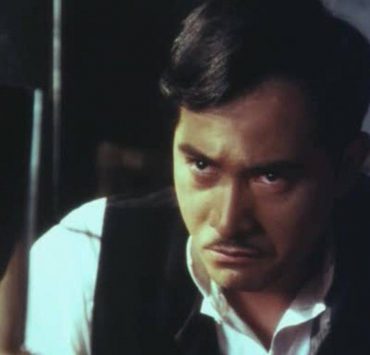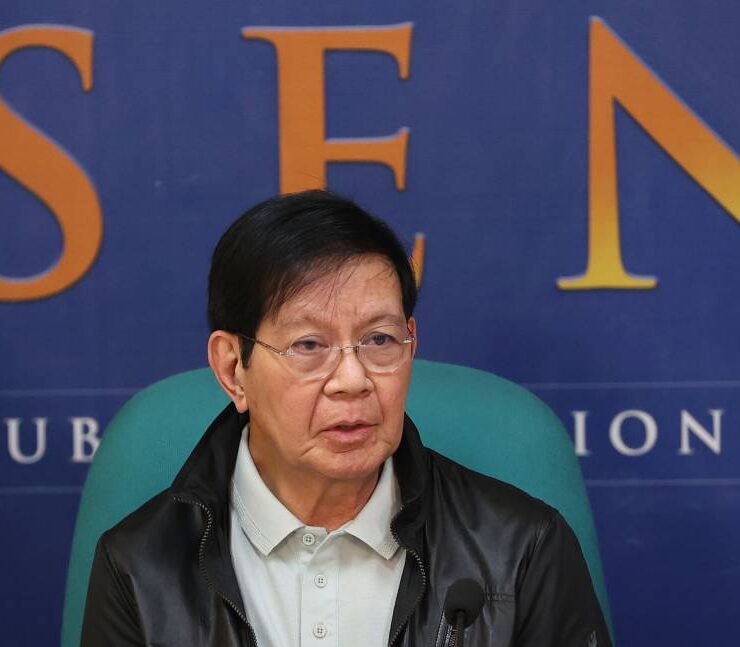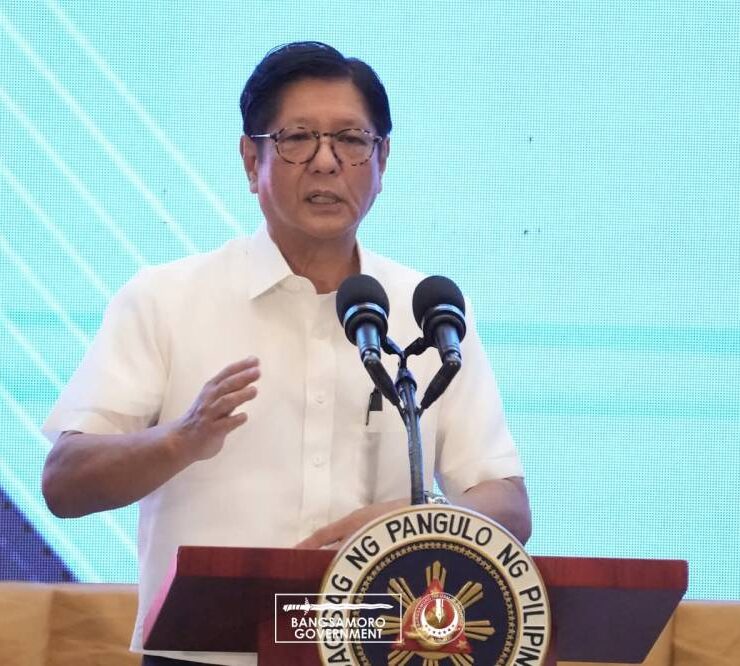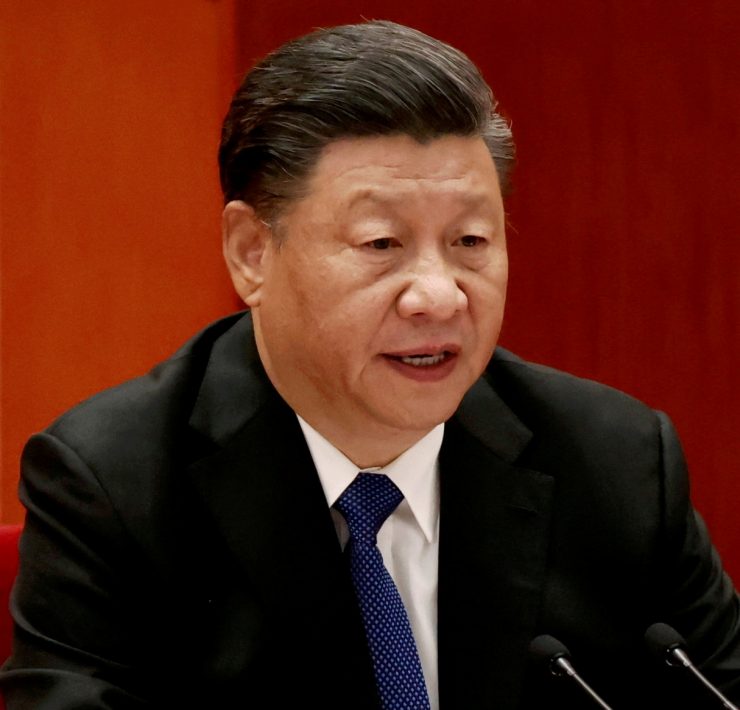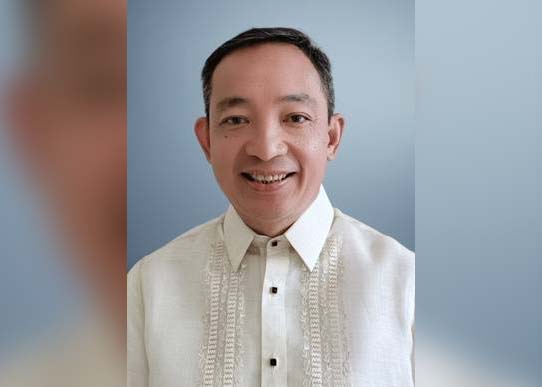The greater evil: Pogo or ‘e-sabong’

It seems some lawmakers are not above gambling away the nation’s future in their all-consuming appetite for profit.
Or at least that’s what it sounded like when we heard the outrageous proposal from two House members to revive the banned “e-sabong,” or online cockfight gambling, as a way to offset forgone government revenues from the exit of Philippine offshore gaming operators (Pogos).
As absurd as the suggestion is, it is also a terrifying reminder of our politicians’ short memories and callous disregard of the public’s welfare, as they embrace the merits of a gambling platform that has bred murder and abductions among other crimes to replace another one that is intrinsically linked to human trafficking, torture, and scams.
Talk about jumping out of the frying pan into the fire.
At the budget hearing of the Philippine Charity Sweepstakes Office (PCSO) last week, Deputy Speaker and Quezon Rep. David Suarez raised the possibility of the government managing and regulating cockfight operations, including e-sabong, to cushion revenue losses and create jobs for workers displaced by the total ban on Pogos.
A few hours later, the proposal was echoed by OFW Rep. Marissa Magsino at the budget hearing of the Philippine Amusement and Gaming Corp. (Pagcor).
Absence of a law
The respective heads of PCSO and Pagcor gave varying answers when confronted with the question but both deftly tossed the ball back to Congress by pointing out the absence of a law authorizing the return of e-sabong. Recall that e-sabong was prohibited by then President Rodrigo Duterte in May 2022 following the disappearance of more than 30 cockfighters involved in the shadowy side of the operation. Upon taking over, President Marcos formalized the suspension in December that year.
Pagcor chair Alejandro Tengco, in reply to Magsino’s query, said: “Only if there is an enabling law allowing it to come back, then that’s the only time we can exercise our jurisdiction (over e-sabong).”
Asked by Suarez if e-sabong could fall within the jurisdiction of PCSO or Pagcor, PCSO chair Felix Reyes told the lawmakers Pagcor was better suited to conduct online gaming operations while PCSO was well-equipped to “sell or entertain bets on a permanent outlet.”
But Suarez was quick to note that cockfighting, including e-sabong, was a highly lucrative industry and the government was missing out on potential windfalls lost to its thriving underground operations.
The deputy speaker added that the ban on offshore gaming would cost the government billions of pesos in revenue and displace some 25,000 to 35,000 workers. “So the question now is, how can we properly stop (illegal online sabong), regulate this and [use] it in such a way where the government can earn income?” he said.
‘Social consequences’
Magsino made a similar point at the Pagcor hearing, arguing: “It (e-sabong) is still happening everywhere … so I think it’s better to just make it legal rather than keep it illegal and we’re not gaining anything from it.”
Before the e-sabong ban, revenues from online cockfighting had amounted to P6.2 billion from April 2021 to April 2022 alone, according to Tengco. With Pogos similarly forbidden, the Pagcor chief said that meant another P7 billion in reduced earnings. This is a huge loss, Tengco admitted.
“But then again, there are also social consequences,” he said. It was precisely those “social consequences” that prompted Bishop Pablo Virgilio David, president of the Catholic Bishops’ Conference of the Philippines, to oppose the prospect of an e-sabong resurgence.
“How can our congressmen forget the tales of horror about low-income people, including many young people, getting addicted to this form of online gambling? Have they forgotten how it brought about financial distress among many families?” he told the Inquirer.
‘Same banana’
Fortunately, the House is not entirely bereft of sensible members. A day after Suarez and Magsino’s proposal made headlines, a number of their peers rejected it, noting offshore gaming and e-sabong were two sides of the same coin, each with its own unique problems. “[It’s] the same banana. I think Filipinos can survive without either of them,” Laguna Rep. Dan Fernandez said.
But perhaps the most compelling argument against the return of e-sabong is what happened to the 34 “sabungeros” or cockfight aficionados who went missing in 2021.
To this day, not a trace of the men has been found since they were allegedly killed for running a game-fixing racket that angered big-time e-sabong operators. For all the notoriety of crime-infested Pogo hubs, these don’t quite come close to the series of incidents that spelled the doom of e-sabong even during the gambling-friendly days of the Duterte administration—what Justice Secretary Jesus Crispin Remulla described in February as the “mass murder of people.”
That should disabuse anyone of the wild idea that e-sabong is a “lesser evil” than offshore gaming. Quite the contrary, it might be the other way around.














